NFTs in 2025: How Real Estate, Ticketing & Identity Are Being Transformed
By CapitalKeeper | Crypto Capital | Crypto Currency | Market Moves That Matter
NFTs in 2025: Beyond Art and Collectibles
How NFTs Are Reshaping Real Estate, Ticketing, and Identity
Introduction
When non-fungible tokens (NFTs) first broke into the mainstream in 2021, they were largely associated with flashy digital artworks, million-dollar collectibles, and speculative hype. But as the dust has settled, a new narrative has taken shape. By 2025, NFTs are no longer just quirky images tied to blockchain transactions they have become an infrastructure layer powering real-world industries.
From real estate tokenization to NFT-based ticketing systems and identity verification, NFTs are evolving into practical tools that solve old problems in new ways. In this blog, we’ll explore how these sectors are being reshaped by NFT technology and what this means for businesses, consumers, and investors.
A Quick Refresher: What Makes NFTs Unique?
NFTs are blockchain-based tokens that certify ownership of a unique asset. Unlike cryptocurrencies such as Bitcoin or Ethereum, which are fungible and identical, NFTs are distinct and cannot be replaced by another of the same kind.
This uniqueness gives NFTs the power to represent:
- Physical assets (like real estate or luxury goods)
- Digital assets (like music, videos, in-game items)
- Rights or access (like concert tickets, ID verification, or medical records)
By 2025, their adoption is driven less by hype and more by utility.
1. NFTs in Real Estate: Tokenizing Property Ownership
The Problem in Traditional Real Estate
Real estate transactions have always been slow, bureaucratic, and expensive. Ownership transfer often involves legal paperwork, intermediaries, and risks of fraud.
How NFTs Solve This
In 2025, property deeds are increasingly minted as NFTs:
- Ownership details are stored on a blockchain, reducing disputes.
- Fractional ownership allows investors to buy a portion of a property by holding NFT shares, lowering the barrier for entry.
- Transactions are faster and more secure, cutting out unnecessary middlemen.
Real-World Applications
- In Dubai, NFT-based land registries have reduced property transfer time from weeks to hours.
- Fractional ownership platforms in Singapore allow global investors to co-own premium properties through NFTs, democratizing access to real estate.
For investors, this means greater liquidity and transparent ownership in one of the most valuable asset classes in the world.
2. NFTs in Ticketing: Ending Fraud and Scalping
The Problem in Events & Entertainment
Traditional ticketing is plagued by:
- Fake tickets and counterfeits
- Scalpers inflating prices on the secondary market
- Fans missing out on fair pricing and exclusive access
How NFTs Solve This
By 2025, most major concerts, sports events, and festivals are experimenting with NFT ticketing systems:
- Tickets are issued as NFTs tied to a blockchain wallet, ensuring authenticity.
- Organizers can set resale rules such as maximum price caps to stop scalping.
- NFTs often include exclusive perks, such as digital collectibles, backstage access, or discounts on future events.
Real-World Examples
- The 2024 FIFA World Cup qualifiers used NFT ticketing to authenticate entries.
- Musicians like EDM DJs and K-pop groups now release NFT tickets that double as fan collectibles.
This shift is creating a fairer and more transparent ecosystem for fans, artists, and event organizers.
3. NFTs in Identity: Secure Digital Verification
The Problem with Current Identity Systems
Identity management is fragmented and insecure. Passwords are hackable, and centralized databases often leak sensitive information. Governments, universities, and employers struggle with verifying credentials in a trustworthy way.
How NFTs Solve This
NFTs now act as digital identity badges:
- Government IDs & Passports: Countries like Estonia and South Korea are exploring blockchain-based IDs stored as NFTs.
- Academic Credentials: Universities issue NFT-based diplomas, preventing fraud.
- Professional Licensing: Doctors, lawyers, and engineers use NFT certificates to prove their qualifications.
- Healthcare Records: Patients store medical histories as NFTs, with access granted selectively to hospitals or doctors.
Why This Matters
Instead of depending on multiple platforms, users control their own data. It reduces fraud, increases privacy, and empowers individuals to own their digital identity in the age of Web3.
The Technology Driving NFT Adoption
By 2025, several advancements have accelerated NFT adoption:
- Layer-2 Scaling: Ethereum’s upgrades and solutions like Polygon and Arbitrum make minting and trading NFTs cheaper.
- Cross-Chain Interoperability: NFTs can now move seamlessly across Ethereum, Solana, Avalanche, and Flow ecosystems.
- Dynamic NFTs: New standards allow NFTs to change over time, useful in memberships, gaming, or healthcare records.
- Integration with AI: AI-powered NFTs adapt to user behavior, creating personalized experiences in ticketing and identity verification.
Investment Perspective: Are NFTs Still Worth It in 2025?
NFTs are no longer just speculative art investments. Instead, they’re tied to real-world assets and services, making them more sustainable.
- Opportunities: Real estate tokenization, NFT ticketing platforms, and identity management startups are growing rapidly.
- Risks: Regulatory uncertainty and scams remain, though institutional adoption is improving credibility.
- ROI Potential: Utility-driven NFTs tied to property or event management provide more stable returns than collectibles.
For investors, the key is to separate utility-based projects from hype-driven ones.
Regulatory Landscape in 2025
Governments are stepping in to ensure compliance and consumer safety:
- EU’s MiCA framework covers NFTs tied to financial instruments.
- India taxes NFT trades under digital asset laws, with 30% gains tax and 1% TDS.
- U.S. SEC applies securities law to fractionalized NFTs.
This regulatory clarity has both legitimized the industry and forced projects to adopt stricter compliance practices.
Conclusion: NFTs as Digital Infrastructure
By 2025, NFTs have evolved far beyond art speculation. They are becoming digital infrastructure for real-world applications in real estate, ticketing, and identity.
- For real estate, NFTs democratize investment and speed up ownership transfers.
- For ticketing, they eliminate fraud and bring fans closer to artists.
- For identity, they empower individuals to own and control personal data securely.
As NFTs mature, their role in global economies will only expand. Just as the internet moved from novelty to necessity, NFTs are transitioning from collectibles to cornerstones of digital ownership and trust.
For investors, creators, and enterprises, the message is clear: NFTs are not just a trend—they are the future of how we prove, own, and experience value in the digital world.
📌 For daily trade setups, technical learning, and smart investing tips, stay tuned to CapitalKeeper.in
📌 For more real-time updates, trade setups, and investment insights — follow us on [Telegram] and [WhatsApp Channel] subscribe to our newsletter!

Subscribe Now , Join Telegram the Crypto Capital Club, Get Free Crypto Updates
📌 Disclaimer
The content provided on CapitalKeeper.in is for informational and educational purposes only and does not constitute investment, trading, or financial advice. While we strive to present accurate and up-to-date market data and analysis, we make no warranties or representations regarding the completeness, reliability, or accuracy of the information.
Stock market investments are subject to market risks, and readers/investors are advised to conduct their own due diligence or consult a SEBI-registered financial advisor before making any investment decisions. CapitalKeeper and its authors are not liable for any loss or damage, direct or indirect, arising from the use of this information.
All views and opinions expressed are personal and do not reflect the official policy or position of any agency or organization. Past performance is not indicative of future results.By using this website, you agree to the terms of this disclaimer.
Ranjit Sahoo
Founder & Chief Editor – CapitalKeeper.in
Ranjit Sahoo is the visionary behind CapitalKeeper.in, a leading platform for real-time market insights, technical analysis, and investment strategies. With a strong focus on Nifty, Bank Nifty, sector trends, and commodities, she delivers in-depth research that helps traders and investors make informed decisions.
Passionate about financial literacy, Ranjit blends technical precision with market storytelling, ensuring even complex concepts are accessible to readers of all levels. Her work covers pre-market analysis, intraday strategies, thematic investing, and long-term portfolio trends.
When he’s not decoding charts, Ranjit enjoys exploring coastal getaways and keeping an eye on emerging business themes.
📌 Follow Ranjit on:
LinkedIn | Twitter/X | Instagram | ✉️ contact@capitalkeeper.in
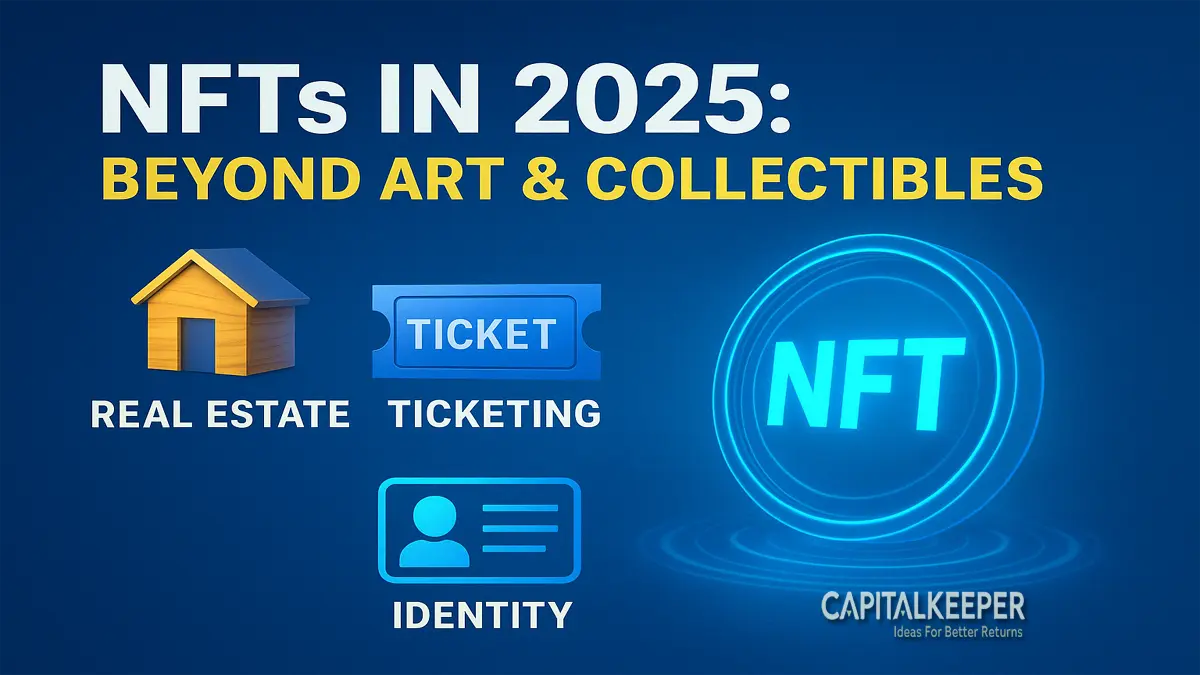

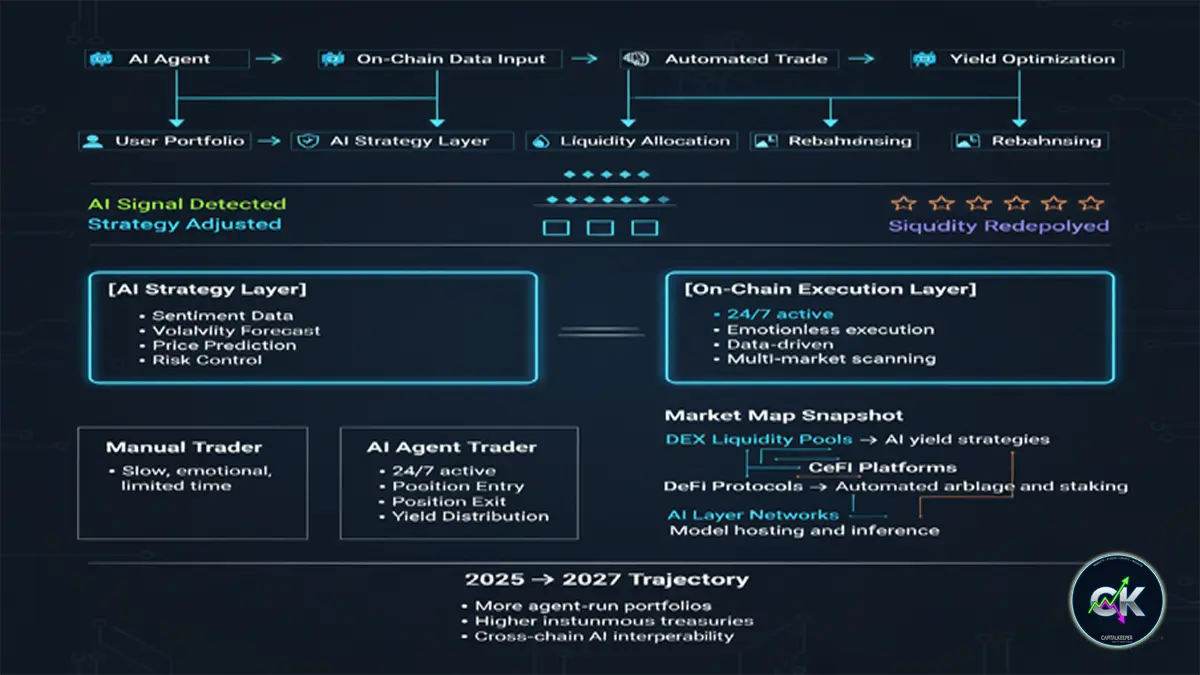
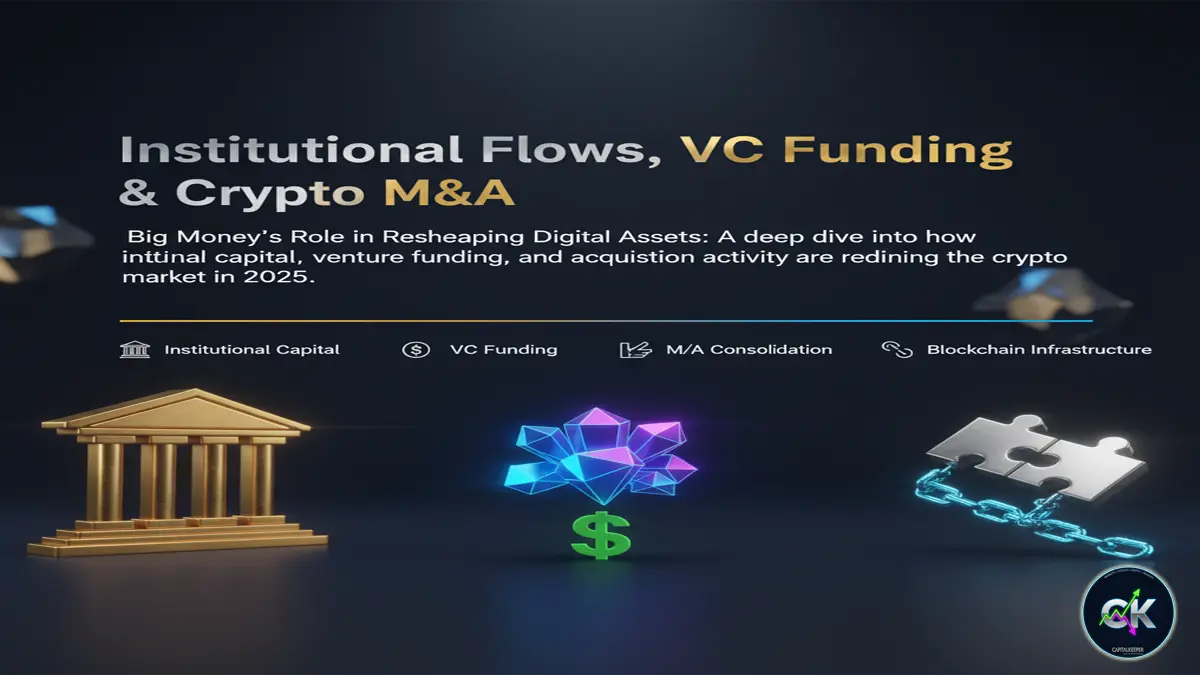
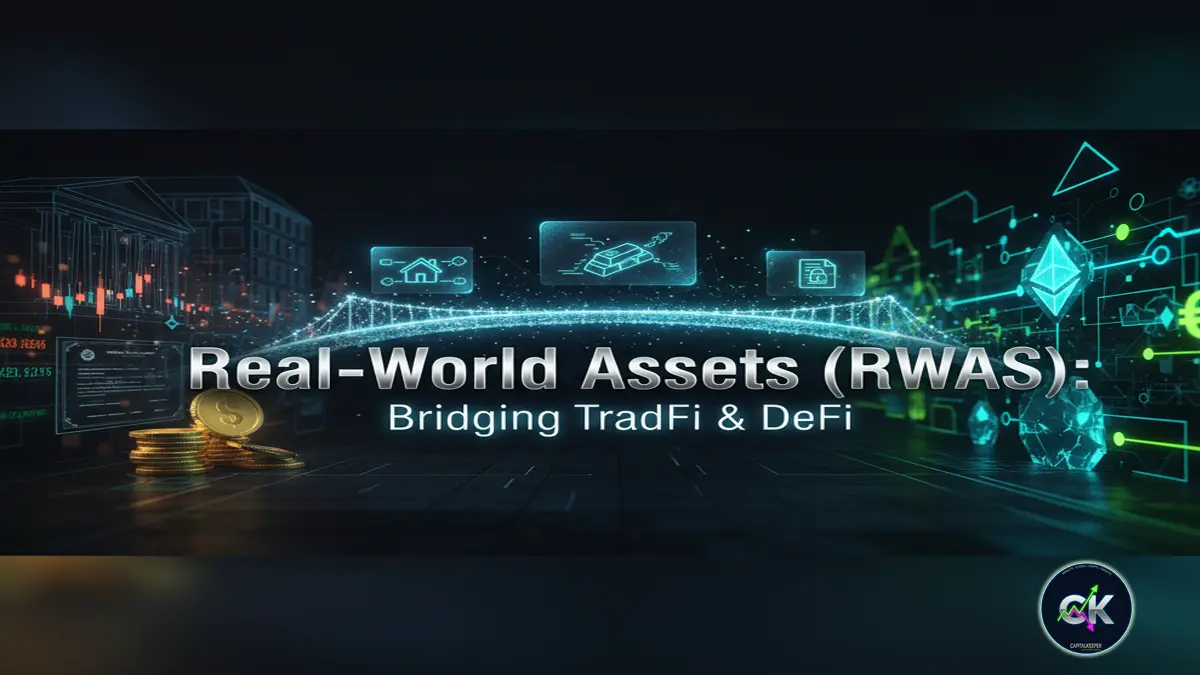
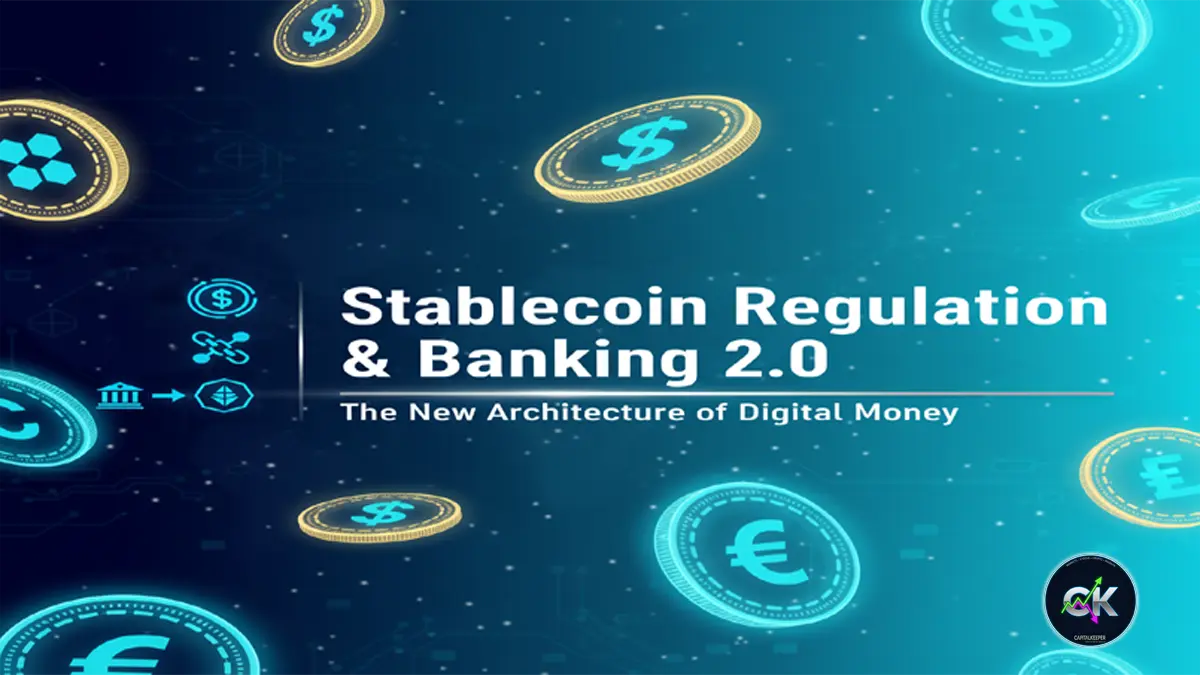
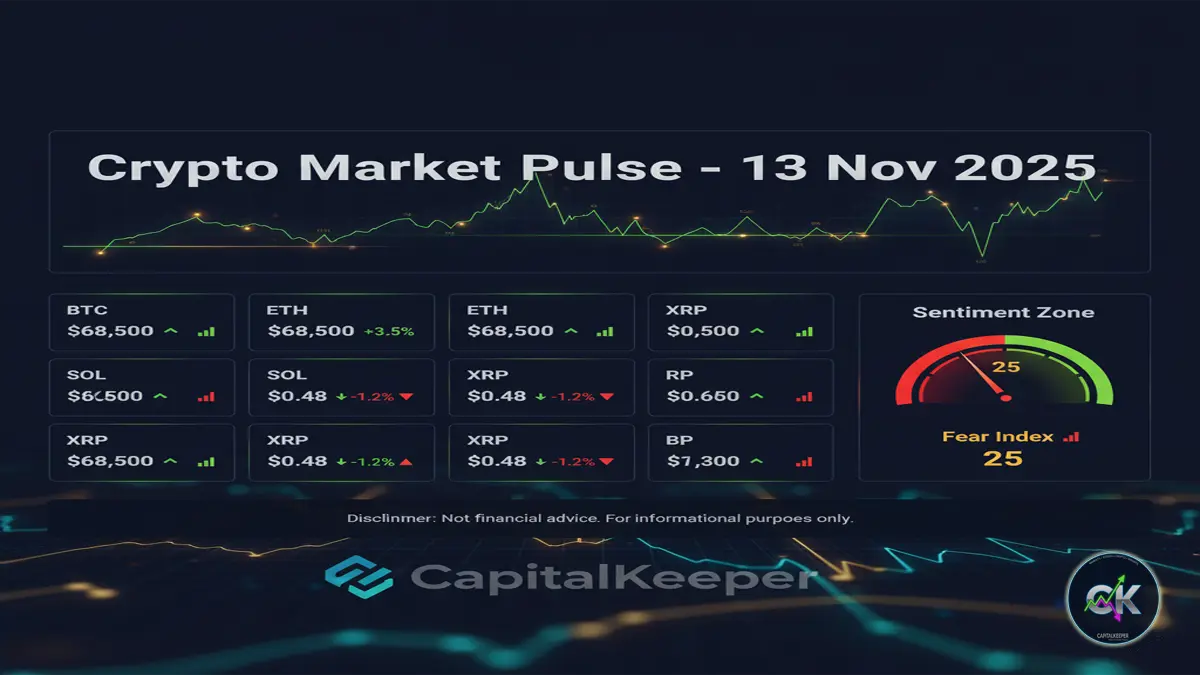
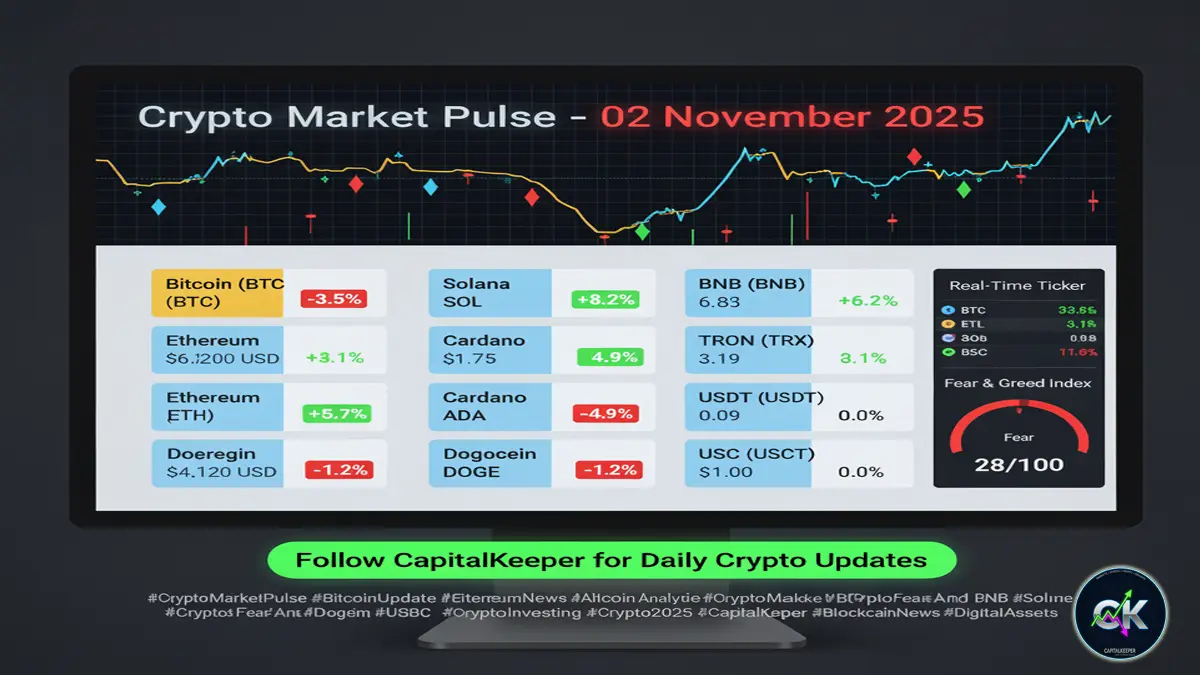
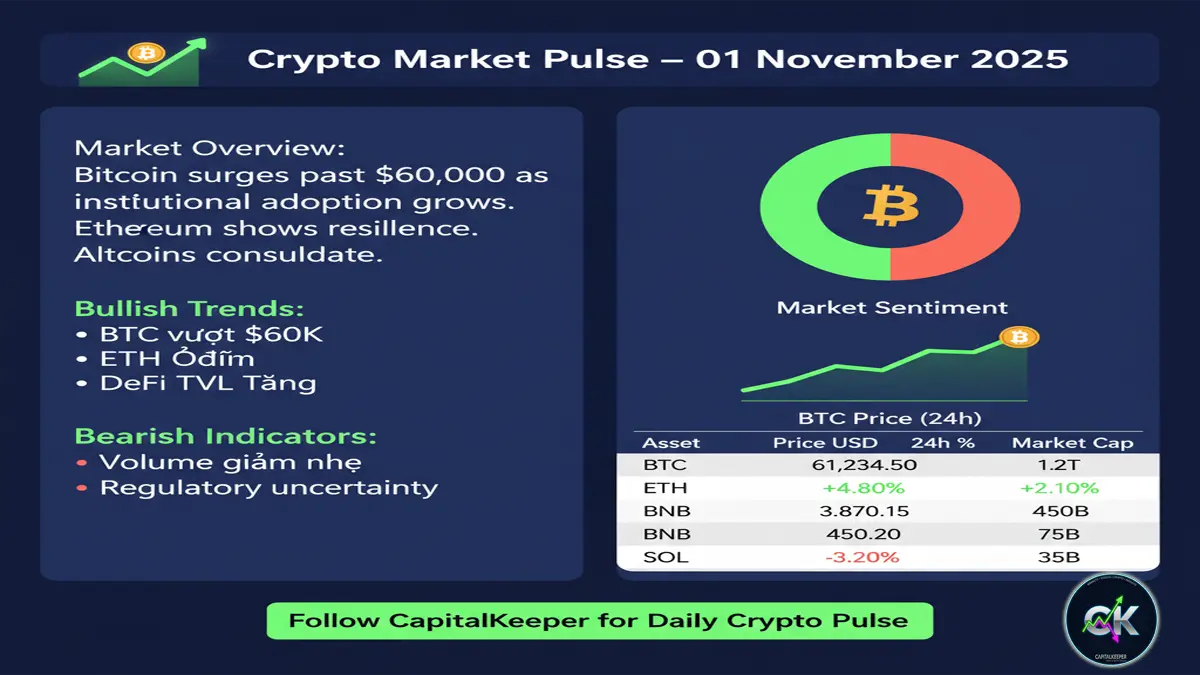

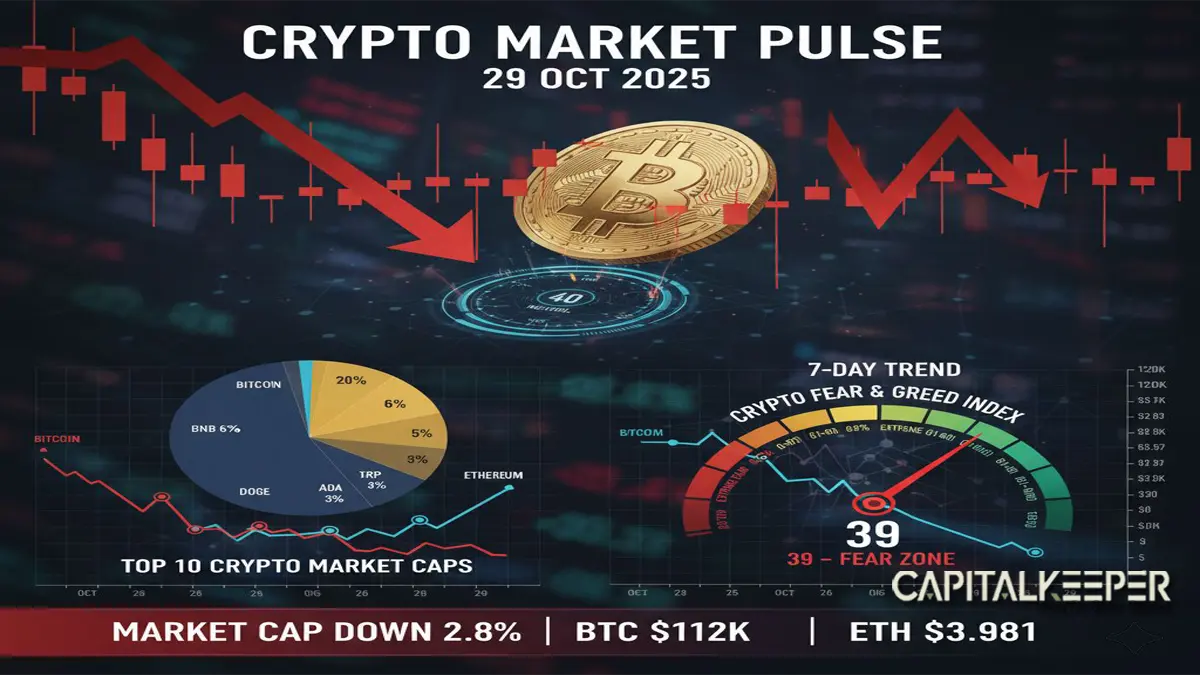

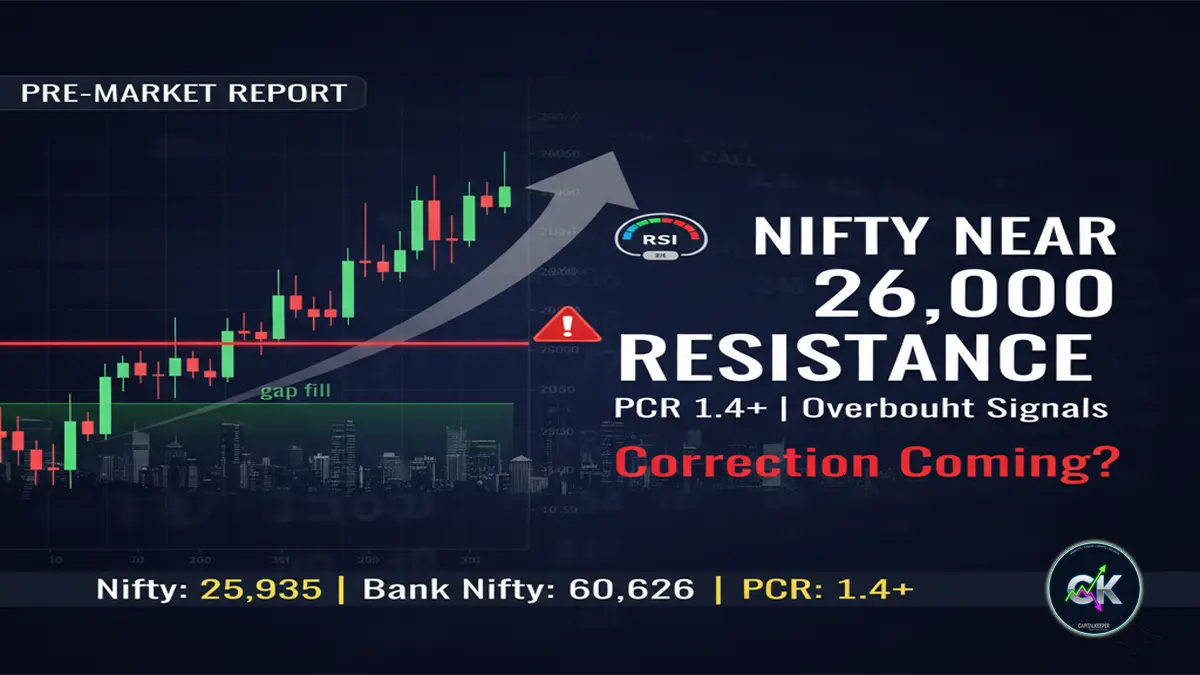
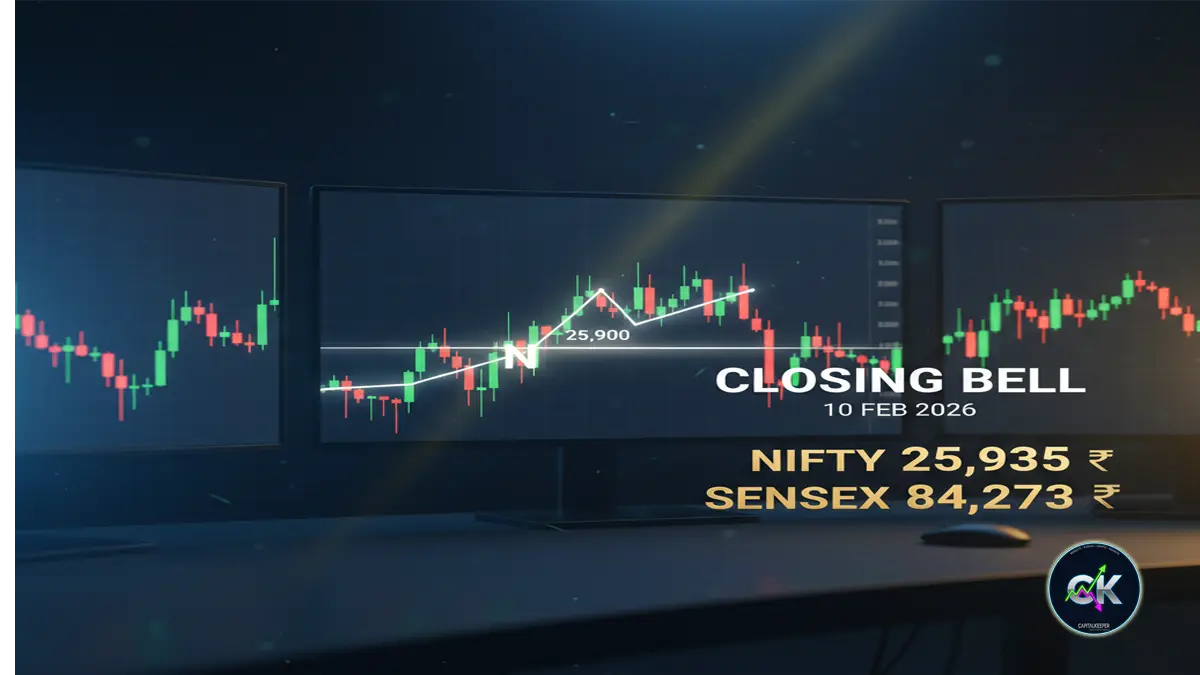
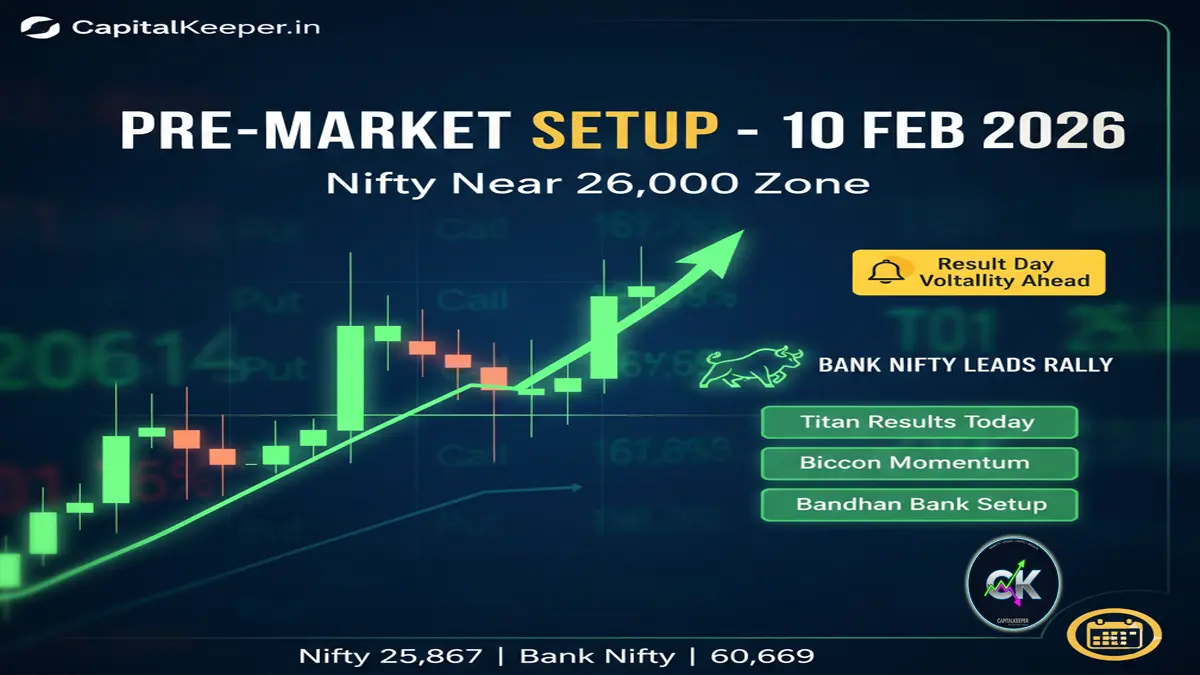

Leave a Reply